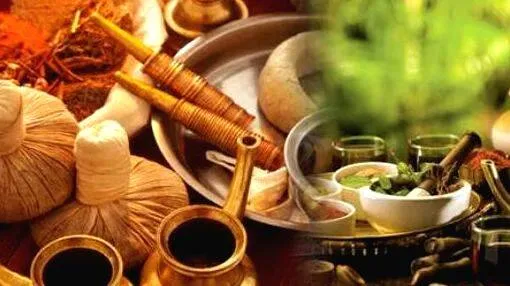

KOCHI: Seven years ago, the Supreme Court banned traditional medicine treatment without qualification and registration, but the state government has now decided to form a commission for traditional medicine.
After allocating Rs one crore in the budget for setting up the National and Traditional Medicine Commission and Institute, the plan is underway to overcome the legal hurdle.
Meanwhile, the government decision has created concern in Ayurvedic sections. Ayurvedic organizations have decided to protest and take legal action if the government goes ahead with the proposed plan. The organizations allege that the action, which would end up as a setback for Ayurvedic tourism, is challenging the prospects of a quarter lakh doctors and students of 18 medical colleges in Kerala.
In 2003, the Kerala High Court ordered that only those who have completed scientific studies from institutions can be provided with registration for treating patients. The traditional medicine practitioner's association filed an appeal against this, but the Supreme Court upheld it in 2018.
The Central Medical Council of India Act passed by Parliament in 1970 states that only those who have completed a recognized course can practice as doctors.
In the Ayurvedic Education Department, a project on indigenous and traditional medicine is being carried out under the name 'The Traditional Knowledge Innovation Kerala'. The plans for the new institute come as a paradox from the same government that splashed crores for the international research centre for Ayurveda in Kannur.